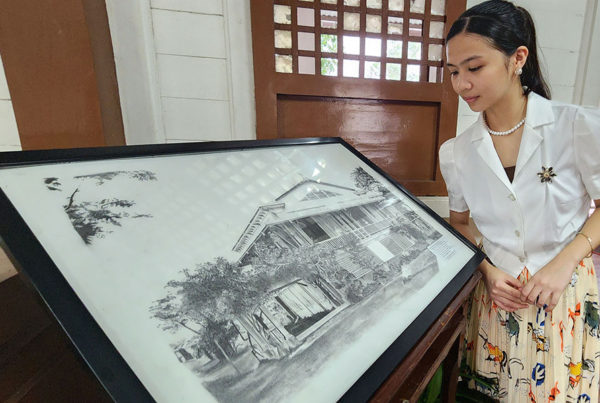Sual placed under leptospirosis watchlist
THE Pangasinan Provincial Health Office (PHO) placed the town of Sual on its Leptospirosis Watchlist following a reported death on June 6 due to an infection caused by the leptospira bacteria, which is commonly spread through the urine of infected animals.
Dr. Anna De Guzman, head of the PHO, confirmed in an interview that the fatality originated from Sual and the leptospirosis fatality rate so far this year is 11% lower compared to the same period in 2023. Last year, there were five deaths against two this year.
The number of leptospirosis cases has also decreased, with 16 cases reported this year compared to 18 in 2023.
Despite the decline, Dr. De Guzman urged the public to remain vigilant, avoid wading through floodwaters, and wear boots when working in fields.
The most vulnerable age group to leptospira bacteria infection is 25-34, often referred to as the productive age group.
Meanwhile, the Department of Health – Center for Health Development Region 1 (DOH-CHD) announced that doxycycline, an antibiotic used to treat leptospirosis, is available for free at Rural Health Units (RHUs) and government-owned hospitals.
Dr. Rheuel Bobis, Medical Officer IV of DOH-CHD 1, urged residents to consult with RHUs within 72 hours of exposure to floodwaters. Health workers stationed at evacuation centers are also distributing free doxycycline.
He advised the public to avoid swimming or wading in floodwaters to prevent leptospirosis. If unavoidable, he recommended wearing boots to protect against contaminated water.
Leptospirosis is a severe infection caused by the leptospira bacteria, which is released through animal urine. Symptoms include high fever, headache, dizziness, chills, and coughing.
If left untreated, leptospirosis can lead to severe complications and even death, affecting vital organs such as the liver, lungs, kidneys, heart, and brain. (Ahikam Pasion)







